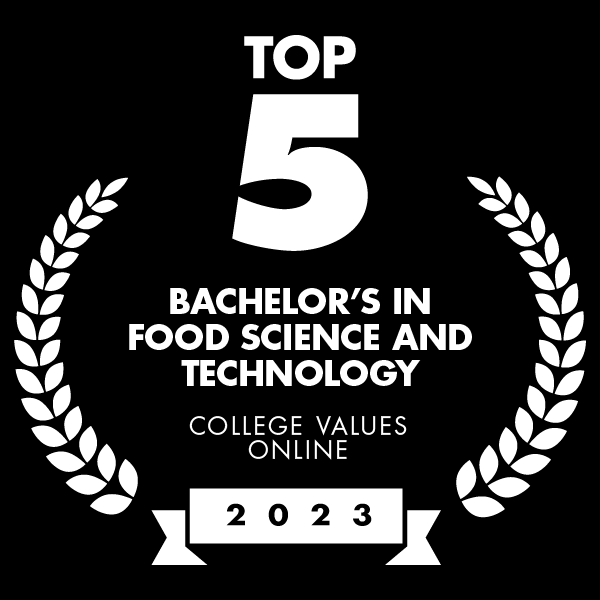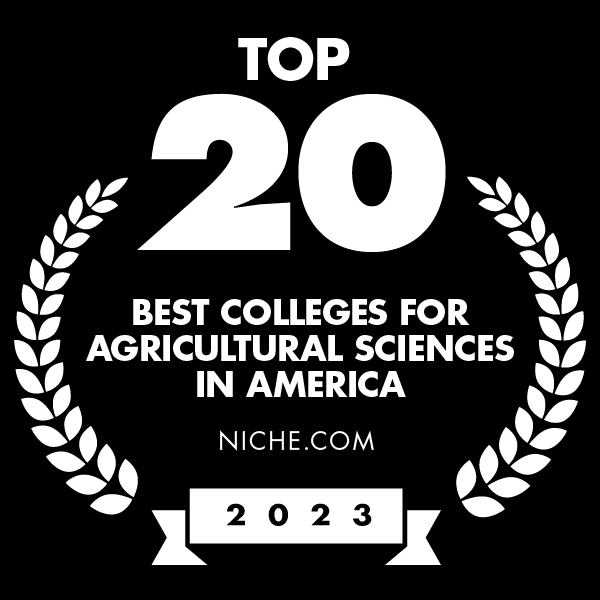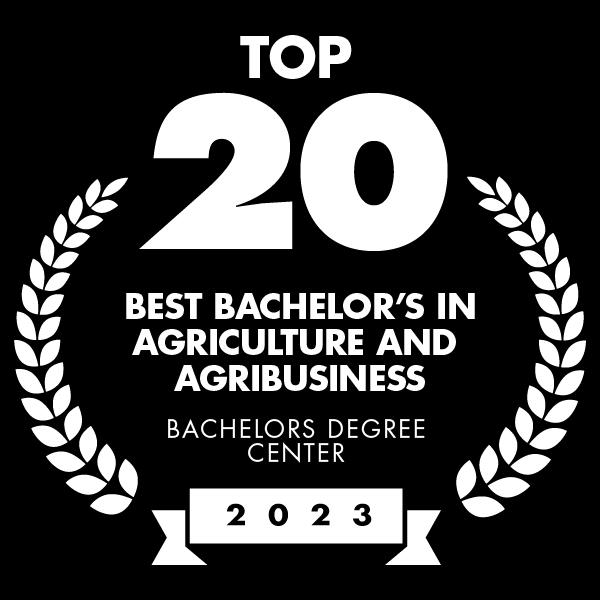Donor Spotlight
The MSU Precision Agriculture Certificate

Caption: Jac Varco, MSU plant and soil sciences professor, is using tractor-mounted sensors in precision agriculture research focused on variable rate fertilizer nitrogen application. Participating in that research are Pablo Reveles, an undergraduate exchange student from Brazil, adjusting a tractor-mounted sensor, and Jon Carson, an extension agent with Sharkey-Issaquena counties, driving the tractor. Photo submitted.
While the MSU College of Agriculture and Life Sciences, or CALS, currently offers a precision agriculture concentration in agricultural engineering, the college is planning an interdisciplinary precision agriculture certificate program available next year.
Scott Willard, associate dean of the College of Agriculture and Life Sciences, said students cross-trained in their discipline with a focus on precision agriculture will meet the needs of the agricultural industries adopting precision agriculture.
"These industries need a workforce with expertise in both a focused discipline and precision agriculture systems," Willard said. "Through this program, students will garner a well-rounded capacity for understanding precision agriculture as it applies to their major and across the entire agricultural landscape."
Four CALS departments: Agricultural and Biological Engineering; Agricultural Economics; Biochemistry, Molecular Biology, Entomology and Plant Pathology; and Plant and Soil Sciences will partner with the College of Engineering; the Geosystems Research Institute; and other MSU entities such as the university's research and extension centers in the endeavor. Additionally, stakeholders from various industries will contribute their expertise as well.
"We have tremendous support from agricultural industries to develop this precision agriculture and decision analytics focus in addition to enhancing our already successful agricultural engineering degree program and precision agriculture concentration," said George Hopper, dean of the College of Agriculture and Life Sciences. "Our stakeholders hire the next generation of agricultural leaders, and no doubt students having a good understanding of precision/decision agriculture will be critical in the agricultural workforce of the future."
Monsanto is one such stakeholder who has gifted a considerable amount to furthering the MSU precision agriculture curriculum. The partnership between Monsanto and MSU will provide insight on the interactions and relationships of the environment, crop inputs, equipment, and data analysis in order to tackle the food security challenges of an expanding global population.
"The Monsanto gift will help us prepare students to become leaders in precision agriculture through the certificate program and eventually a curriculum," Hopper said. "The gift also funds several annual scholarships which is crucial in attracting the best and brightest to work in the precision agriculture field."




